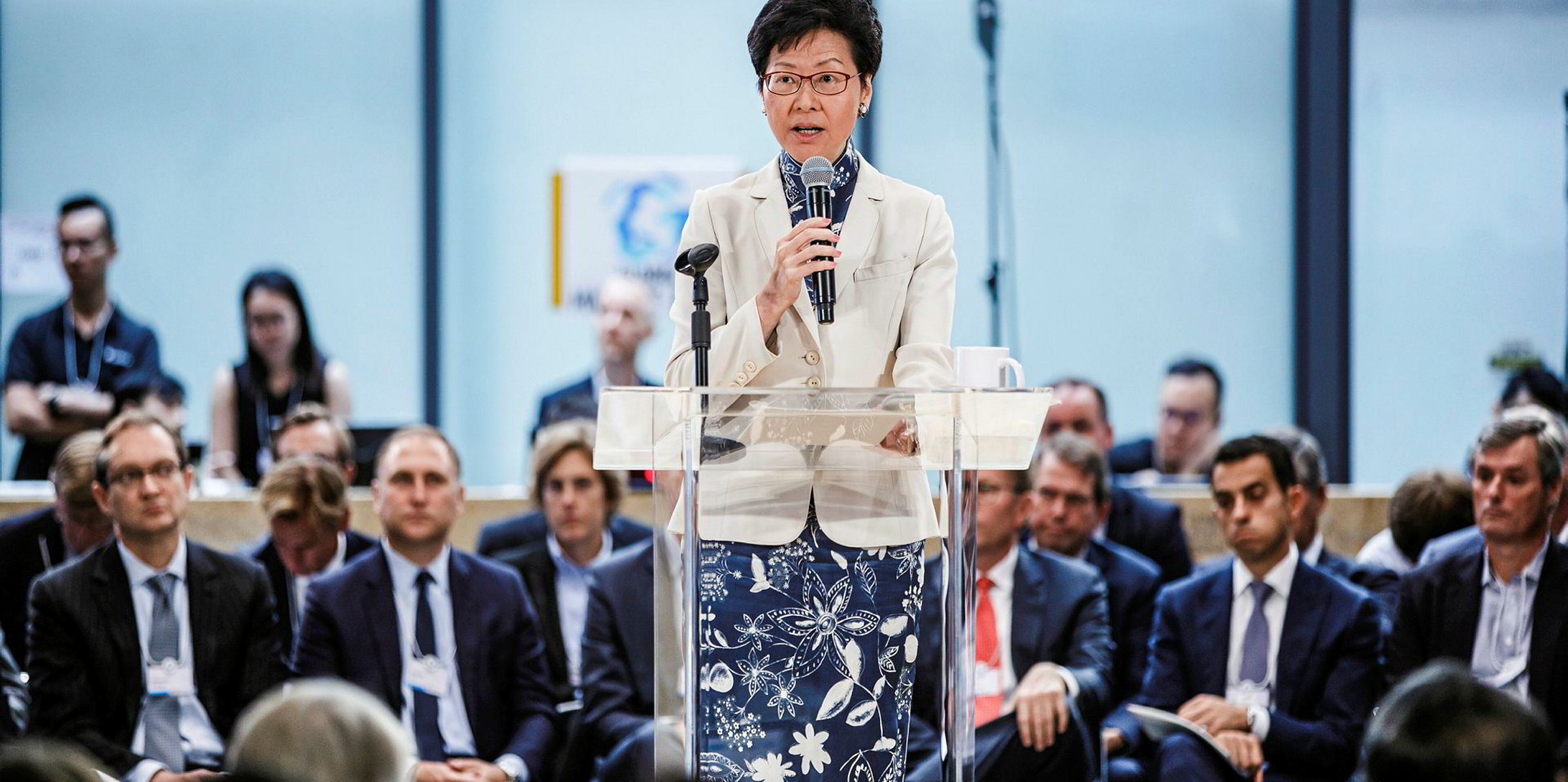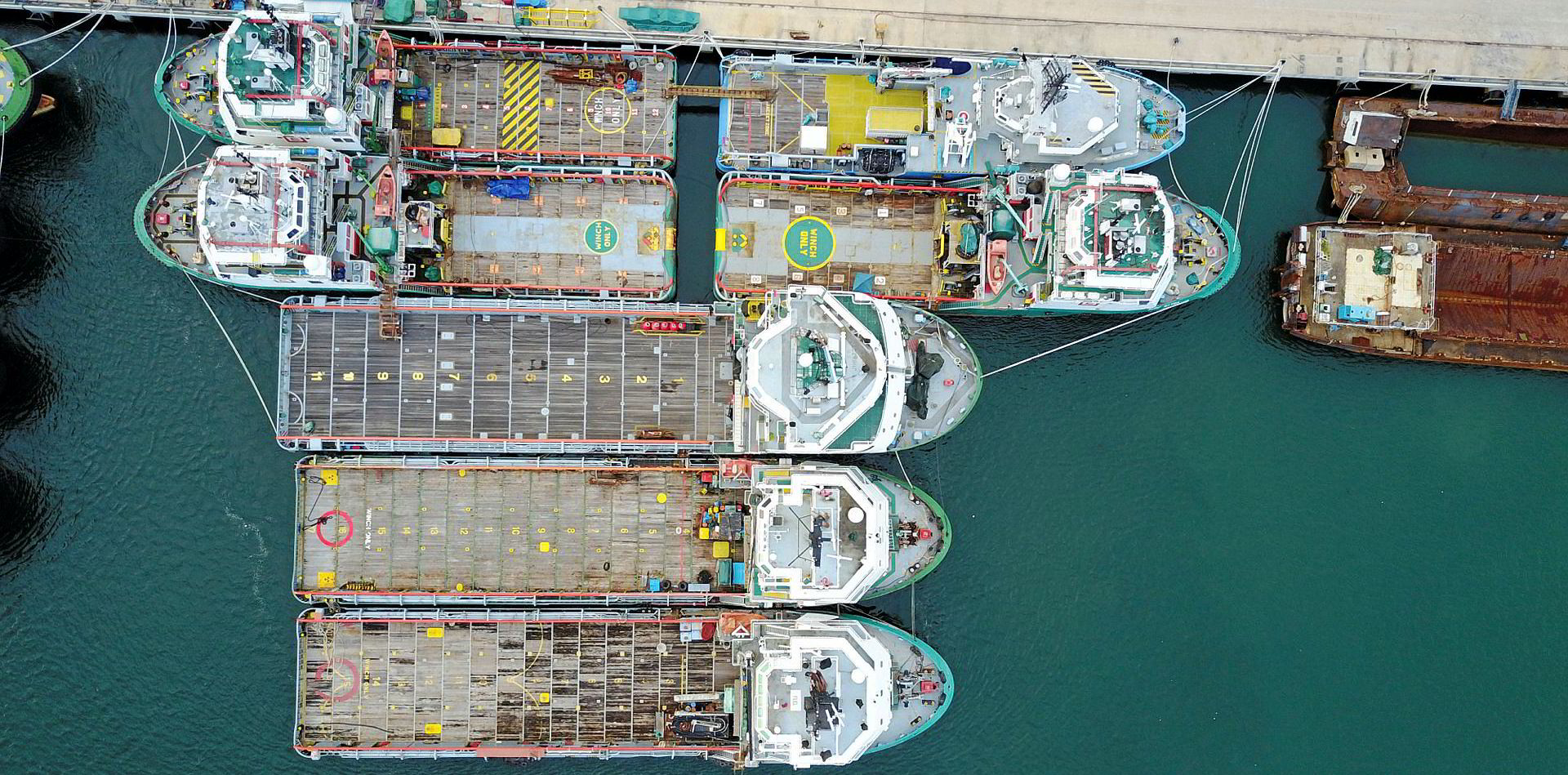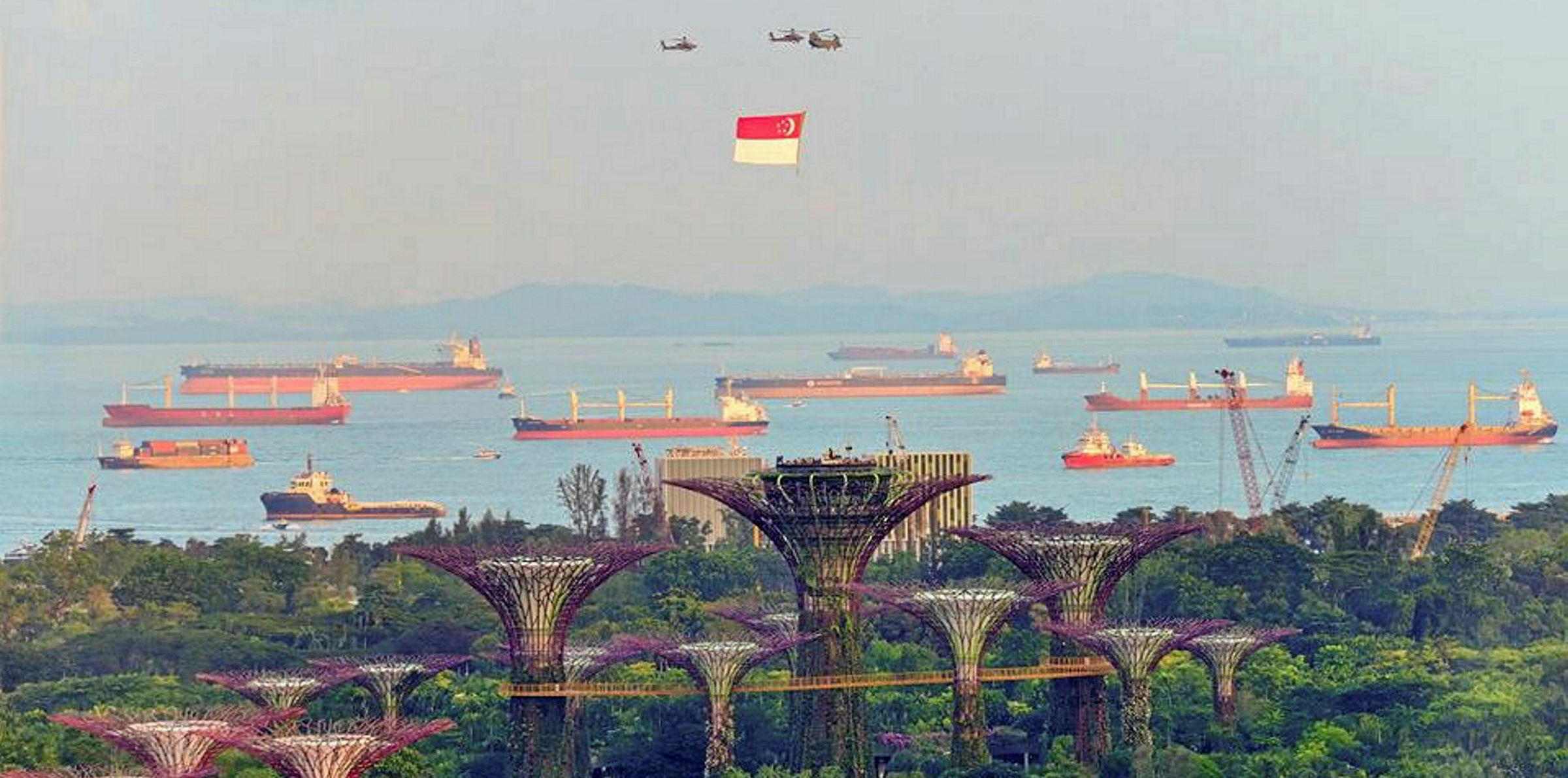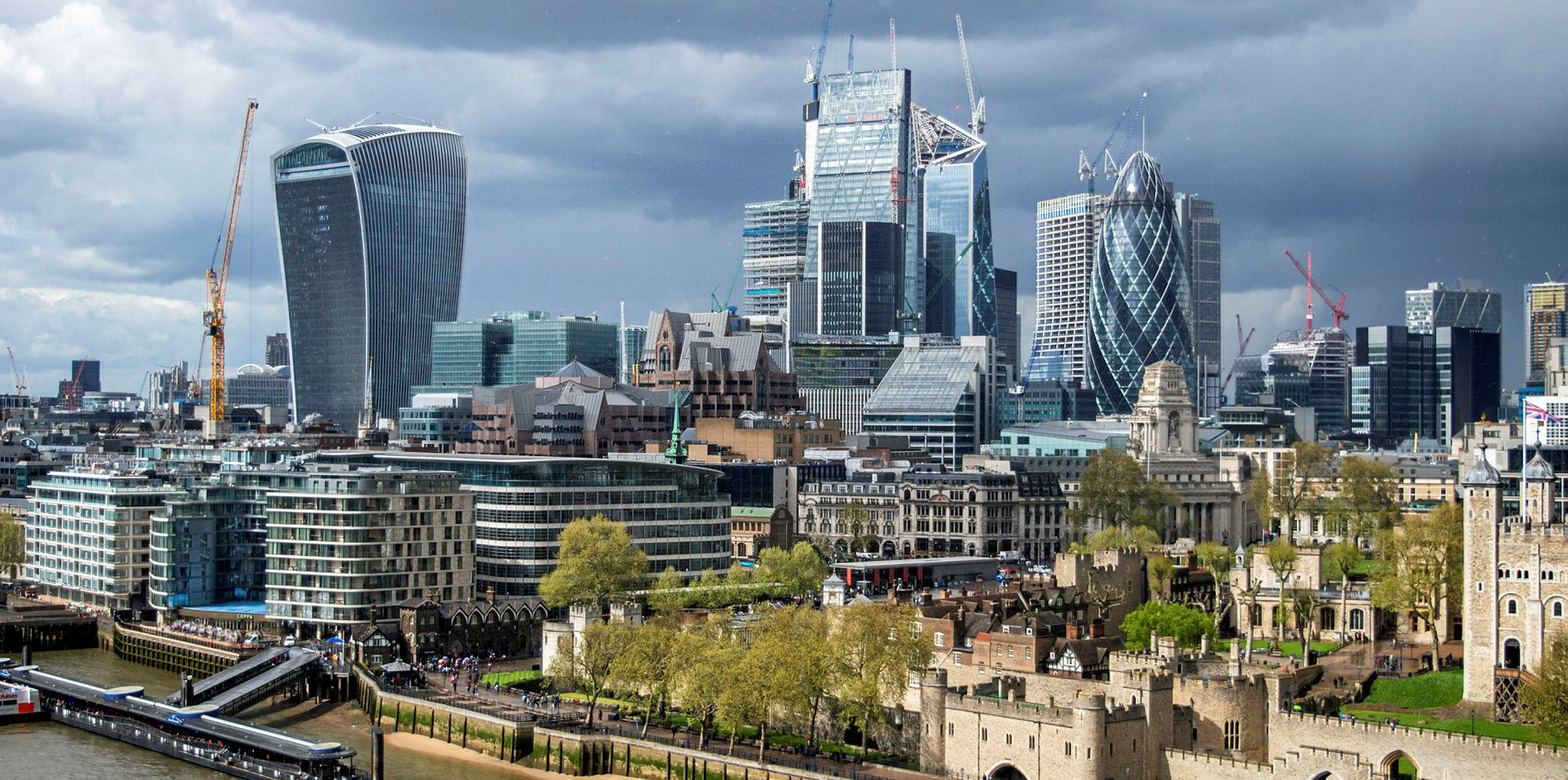The US has scrapped a reciprocal tax deal with Hong Kong for shipping as part of the President Donald Trump's retaliation over China's imposition of tough new security laws on the territory.
The US State Department said it had notified Hong Kong it has suspended or terminated three bilateral agreements with the city, Reuters reported.
In a statement, the US said: "These agreements covered the surrender of fugitive offenders, the transfer of sentenced persons, and reciprocal tax exemptions on income derived from the international operation of ships.”
No further details of how the decision would impact shipping activity in the city were immediately available. But the identification of a sector with significant economic importance in Hong Kong and globally will alarm those in the business.
Hong Kong's extensive shipping and ship finance community appears to have largely avoided any comment on the new security law in recent weeks.
Tax-friendly city
Shipping companies have long enjoyed a favourable tax regime in Hong Kong, which has signed reciprocal agreements with over 50 countries to avoid double taxation on shipping income.
In retaliation to Washington, Hong Kong has suspended its agreement with the US on the mutual legal assistance in criminal matters, which includes gathering evidence and serving documents.
But a government spokesman confirmed that Hong Kong shipping companies will still only need to be taxed in the US, citing a local tax code.
"Should the [reciprocal] agreement between Hong Kong and the US be terminated, for the US companies, they would need to pay taxes to both the US and Hong Kong governments, whereas Hong Kong companies will be required to pay tax to the US government only,” he said.
"The termination of the agreement increases the operating costs of the shipping companies concerned, in particular the US companies as they will be subject to double taxation. It would hamper the development of the shipping sector between Hong Kong and US, and is to nobody's interest.”
In a press briefing, China foreign ministry spokesman Zhao Lijian said Hong Kong affairs are China's internal affairs and “no external force has any right to interfere”.
Zhao added: “China urges the US side to immediately rectify its wrong decision, stop having a hand in Hong Kong affairs and China's other internal affairs, and refrain from moving further down the wrong path.”
Freedoms crushed
State Department spokeswoman, Morgan Ortagus, said in a statement: "These steps underscore our deep concern regarding Beijing’s decision to impose the National Security Law, which has crushed the freedoms of the people of Hong Kong."
An executive order signed by Trump in July pledged "a number of responses to Beijing’s actions, including suspending and eliminating preferential treatment for Hong Kong."
China enacted a sweeping national security law on the semi-autonomous city earlier this year after prolonged anti-China, pro-democracy protests.
Western countries including the European Union and the UK have condemned the move as threatening to end freedoms promised when the former British colony was returned to Chinese rule in 1997 under the 'one nation, two systems' banner.
Subversion
The legislation punishes anything China considers secession, subversion, terrorism or collusion with overseas forces with up to life in prison.
The US imposed sanctions on Hong Kong chief executive Carrie Lam and 10 other Hong Kong officials over the legislation, with China following up with reciprocal sanctions on 11 US lawmakers and other citizens.
Lam has tried to brush of the personal sanctions. “Despite some inconvenience in my personal affairs, it is nothing I would take to heart,” she told a news conference.
“We will continue to do what is right for the country and for Hong Kong.”
The Hong Kong economy fell 9% in the second quarter, the fourth successive year-on-year fall for the major finance centre.
The Hong Kong government has revised its full year gross domestic product forecast to a contraction of 6% to 8% from the earlier estimate of a 4% to 7% contraction.
The US has also required goods made in Hong Kong for export to the US to be labelled as made in China after 25 September.
Hong Kong Commerce Secretary Edward Yau expressed concerns over escalating US-China tensions, saying that they were distracting from fighting the coronavirus pandemic.
"As we are fighting the pandemic, I think the last thing one would want is a further distraction that would disturb or disrupt the trade," he told Reuters.








